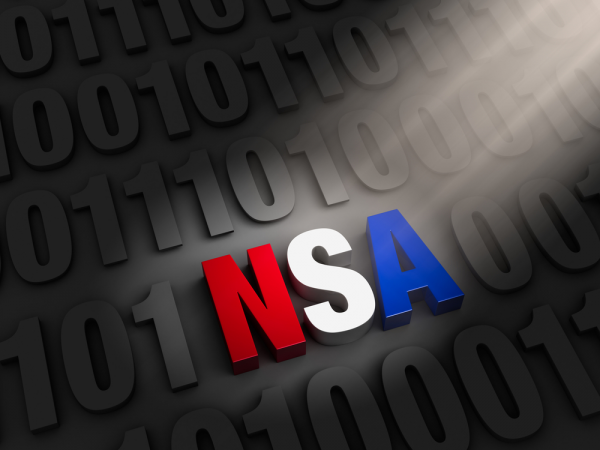NSA lawyer says data collection occurred with tech firms' 'full knowledge and assistance'

The NSA story isn't new. Scratch that. It's not really a story; it's a saga. Just when it seems safe to feel that there can't possibly be any more revelations to knock us sideways... oops... there's another little surprise for you! Just a week ago, I argued that Google's encryption of Chinese web searches amounts to little more than a PR exercise, designed to try to get the disgruntled user back on its side. This is not something that is related to the NSA revelations. When we found out that the likes of Facebook, Microsoft, Google and Yahoo (to name but a few) had been handing data over to the US government, all of these companies were falling over themselves to appear to be doing everything they could legally do to let their customers know what had been happening with their data.
Of course, it's not just the UK that has this problem, although that’s certainly where the attention has been focused -- the UK had (or possibly has) its own Optic Nerve program which was used to spy on webcam chats. The story we have heard time and time again is that these companies did not know what was going on. That the government had been collecting data without their knowledge. There were concessions that in some cases, FISA requests had been received but there were limitations on what could be publically revealed. Each company tried to outdo the others by appearing to reveal as much data as it could as quickly as humanly possible.
But it looks as though these big-name tech companies may have just been playing dumb. Despite the protestations that the PRISM program was essentialy a government backdoor into numerous online services about which the owners have no knowledge, this is very likely not the case. All those company sound bites in which they denied knowledge of the existence of PRISM and other such programs, in which collaboration with the government was repudiated, may just have been shown to be what many people believed from the very beginning. Complete nonsense.
Rajesh De, the NSA general counsel, has revealed that all of the data collected by the NSA was done with the full knowledge of all of the companies involved. All of the big names have denied knowledge of any surveillance program. But De says "Prism was an internal government term that as the result of leaks became the public term. Collection under this program was a compulsory legal process, that any recipient company would receive." Asked outright whether surveillance was carried out with the "full knowledge and assistance of any company from which information is obtained" he gave the simple, single-word response "yes".
This clearly flies in the face of what we have been told thus far. Over the coming days there will undoubtedly be endless protestations from the companies involved. The line of defense will almost certainly be that they are ignorant. The best we can hope for is that the companies will complain that their hands were tied, and they were not legally permitted to admit the help they were providing. It does make it increasingly difficult to know who to trust.
A couple of months ago, President Obama promised reforms to government surveillance, but it's anyone's guess just what this will amount to. What is said and what is done can be two very, very different things.
Kurt Cobain once drawled "just because you're paranoid, it don’t mean they're not after you". It's a line that is often used (or a variant of it) by conspiracy theorists to defend their seemingly crazy ideas. But maybe the conspiracy nuts were right all along. Well, maybe not all of them. Edward Snowden still comes across as an unlikely hero, but his whistleblowing keeps gaining in significance; it has turned out to be a veritable Pandora's box. It makes you think. Tim Berners-Lee's idea for a bill of rights for the web looks ever more appealing. Part of the proposed bill of rights is about access to the web, but it is also about the rights of those online. This would surely involve the right to know what the bloody hell is going on with our private data and communication. But ultimately, there is just no way of knowing what's going on in the background, and that’s a disgusting state of affairs.
Image Credit: Mark Carrel / Shutterstock
